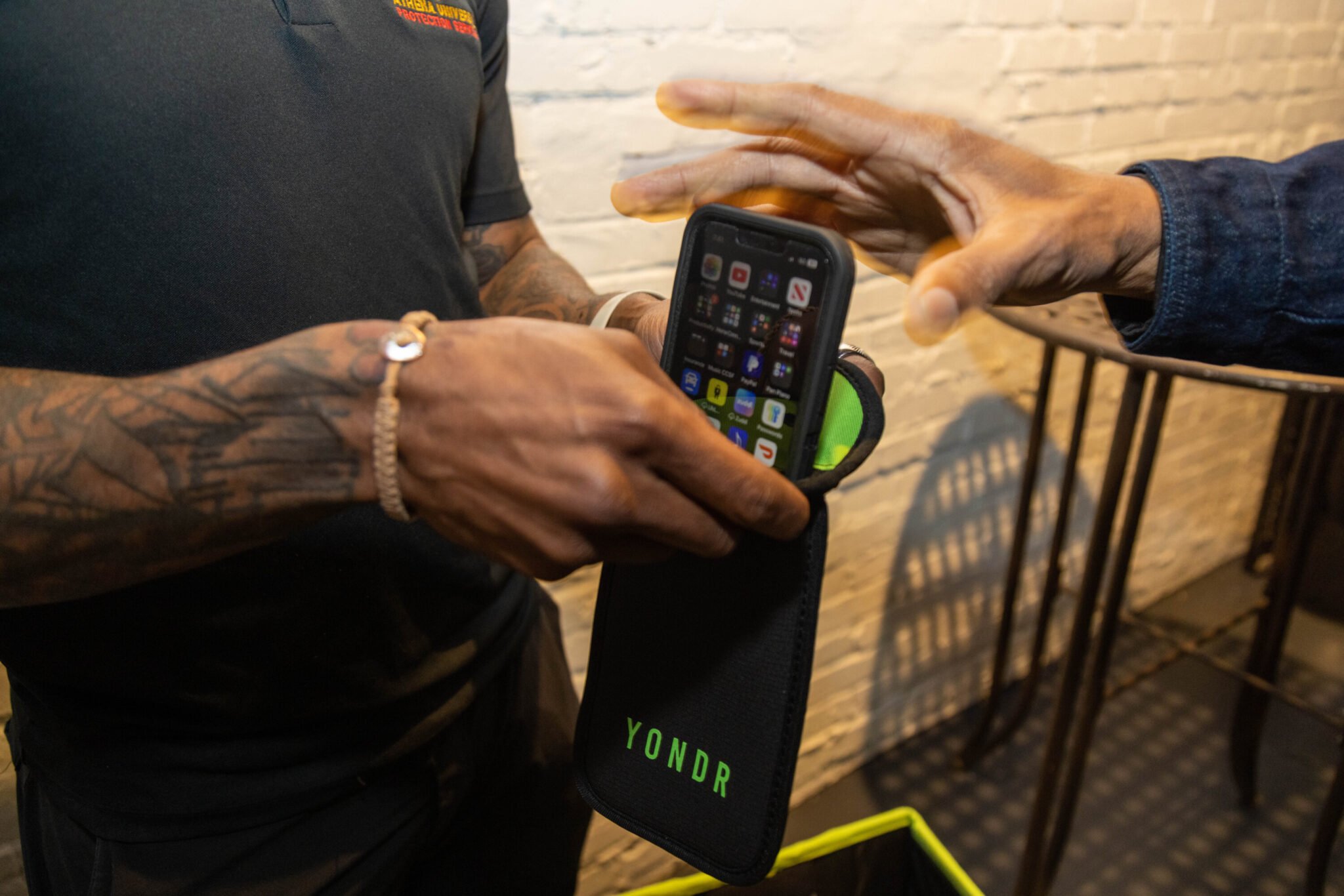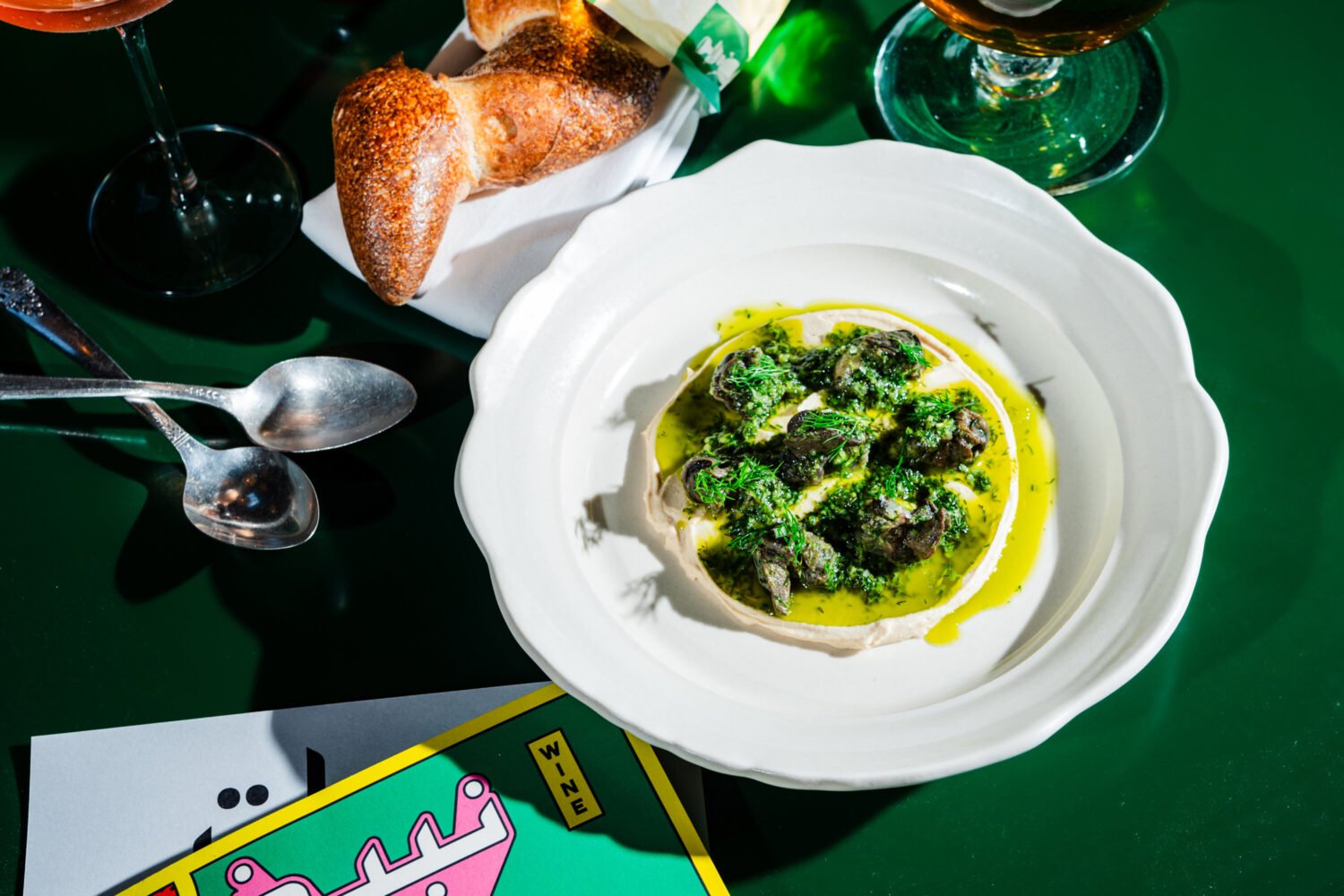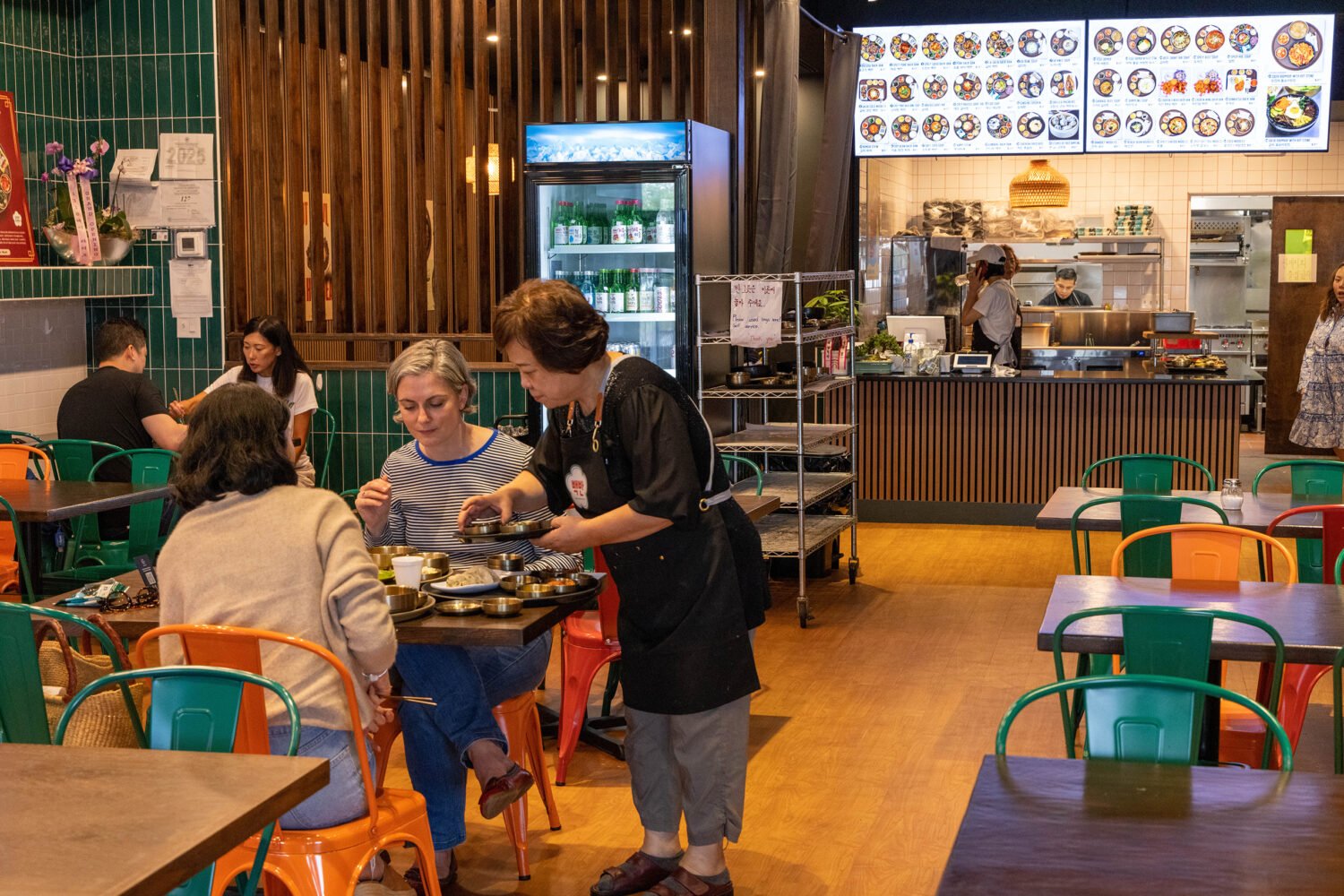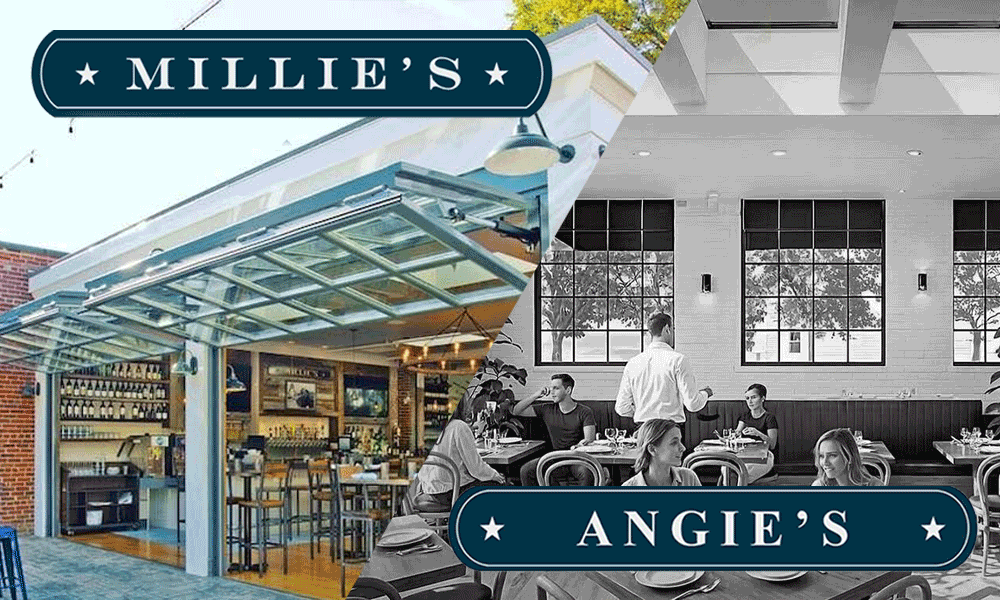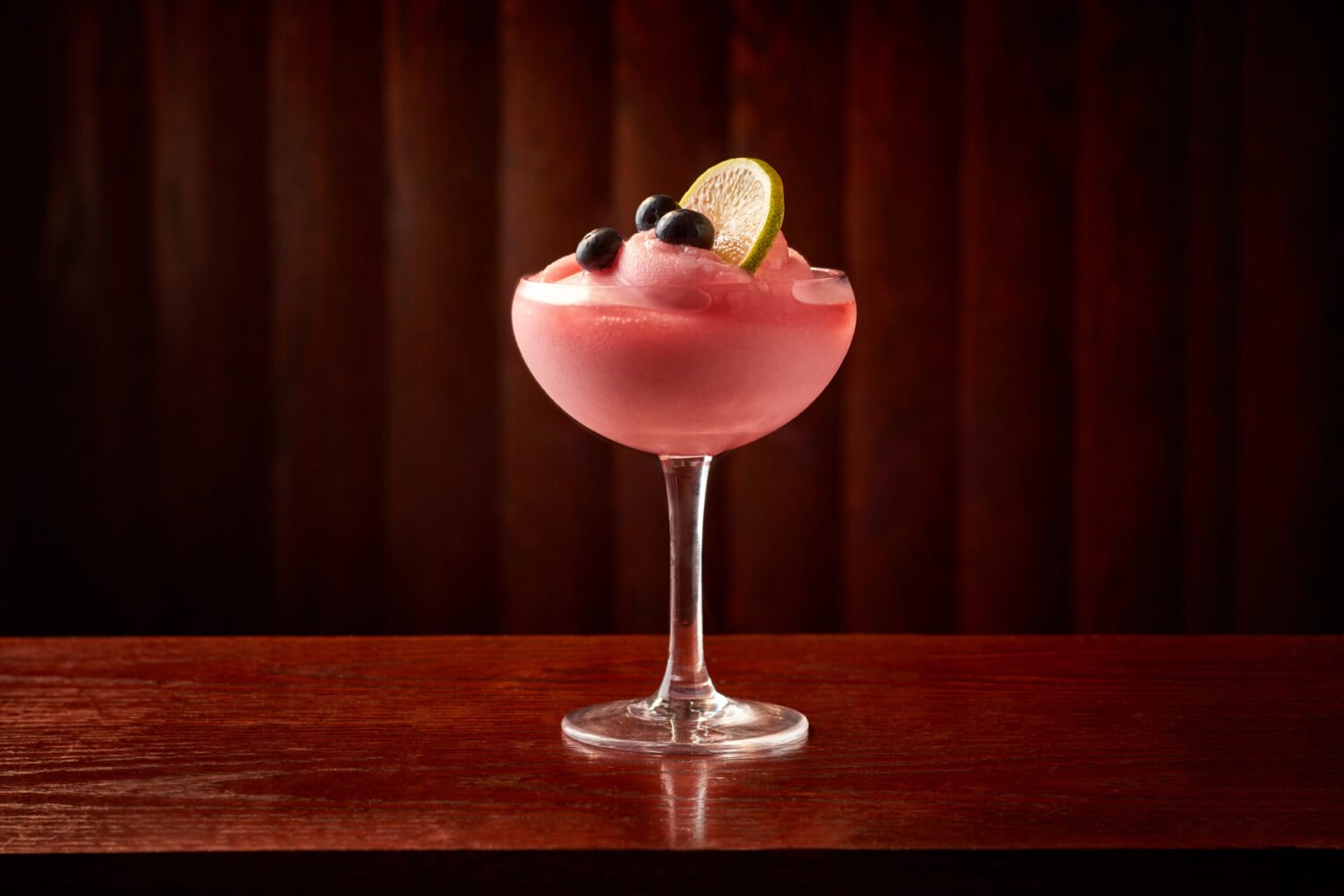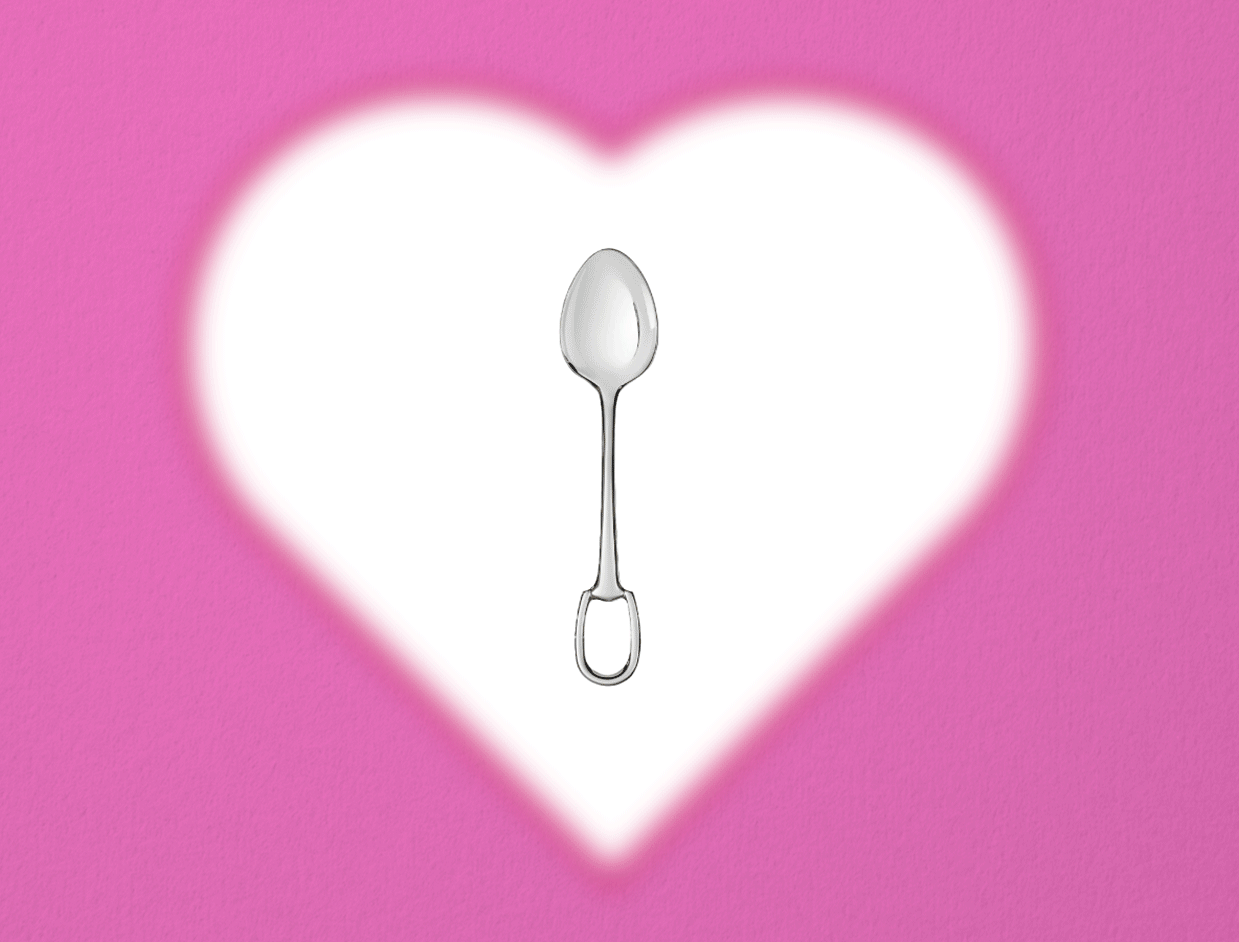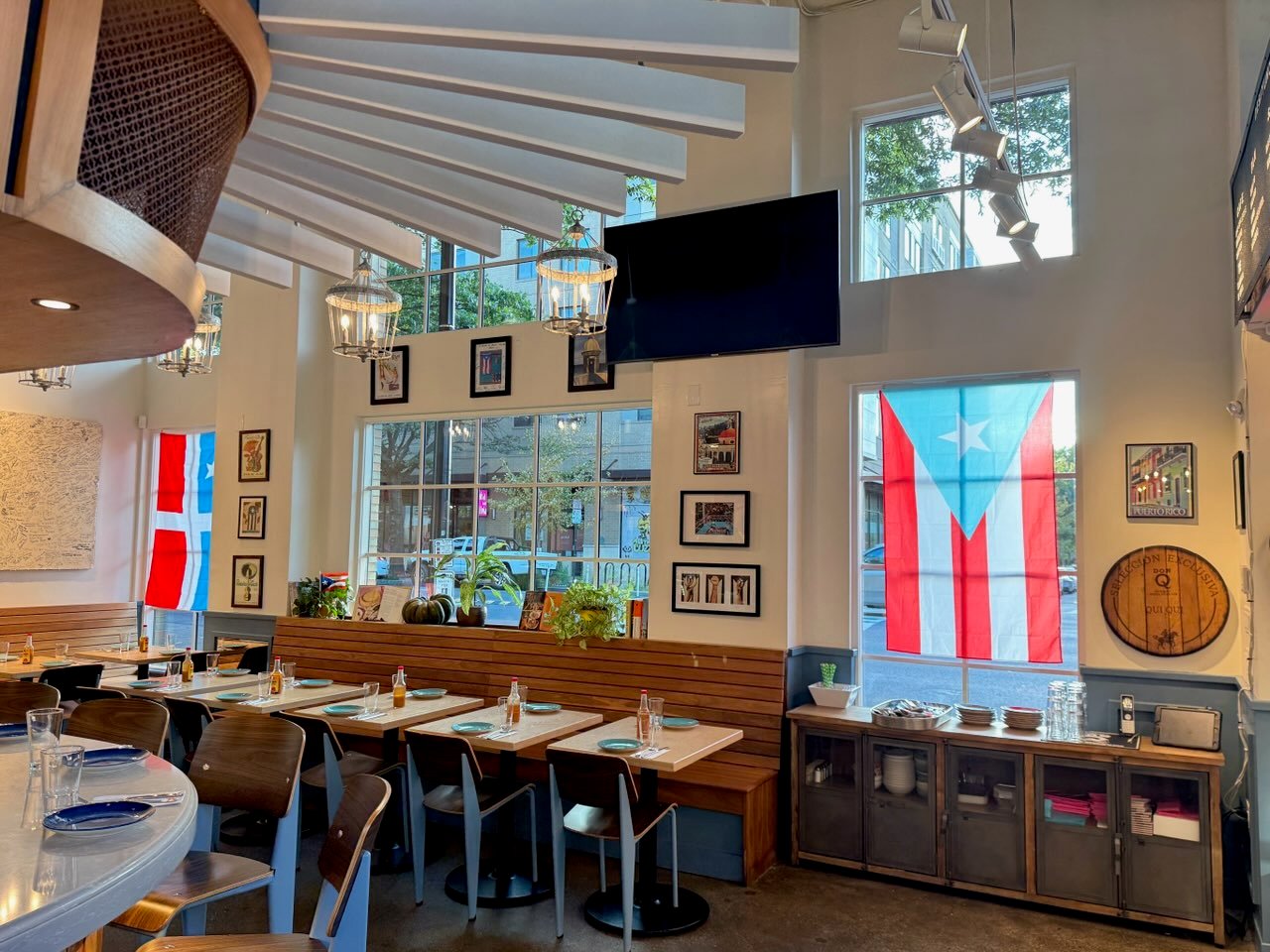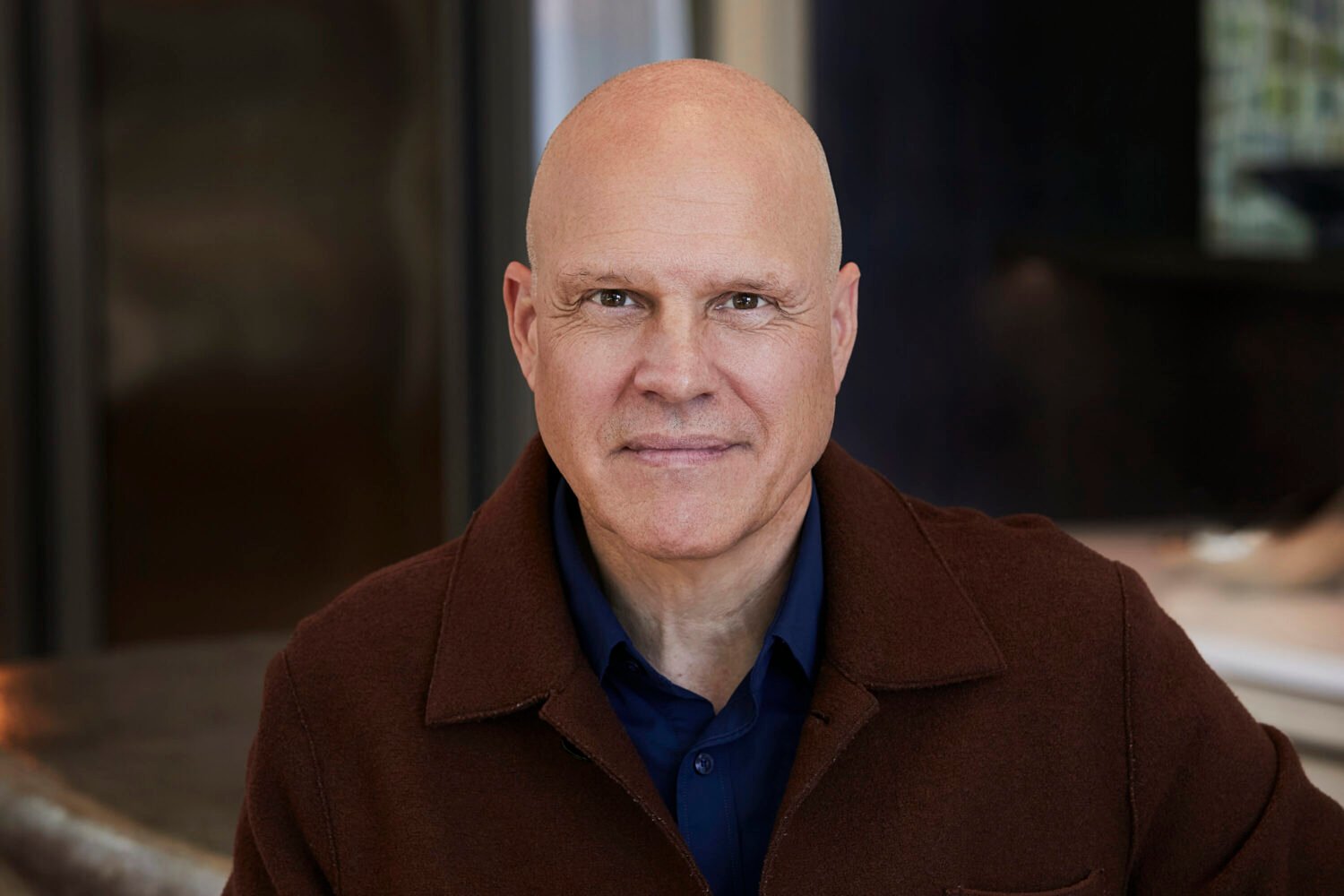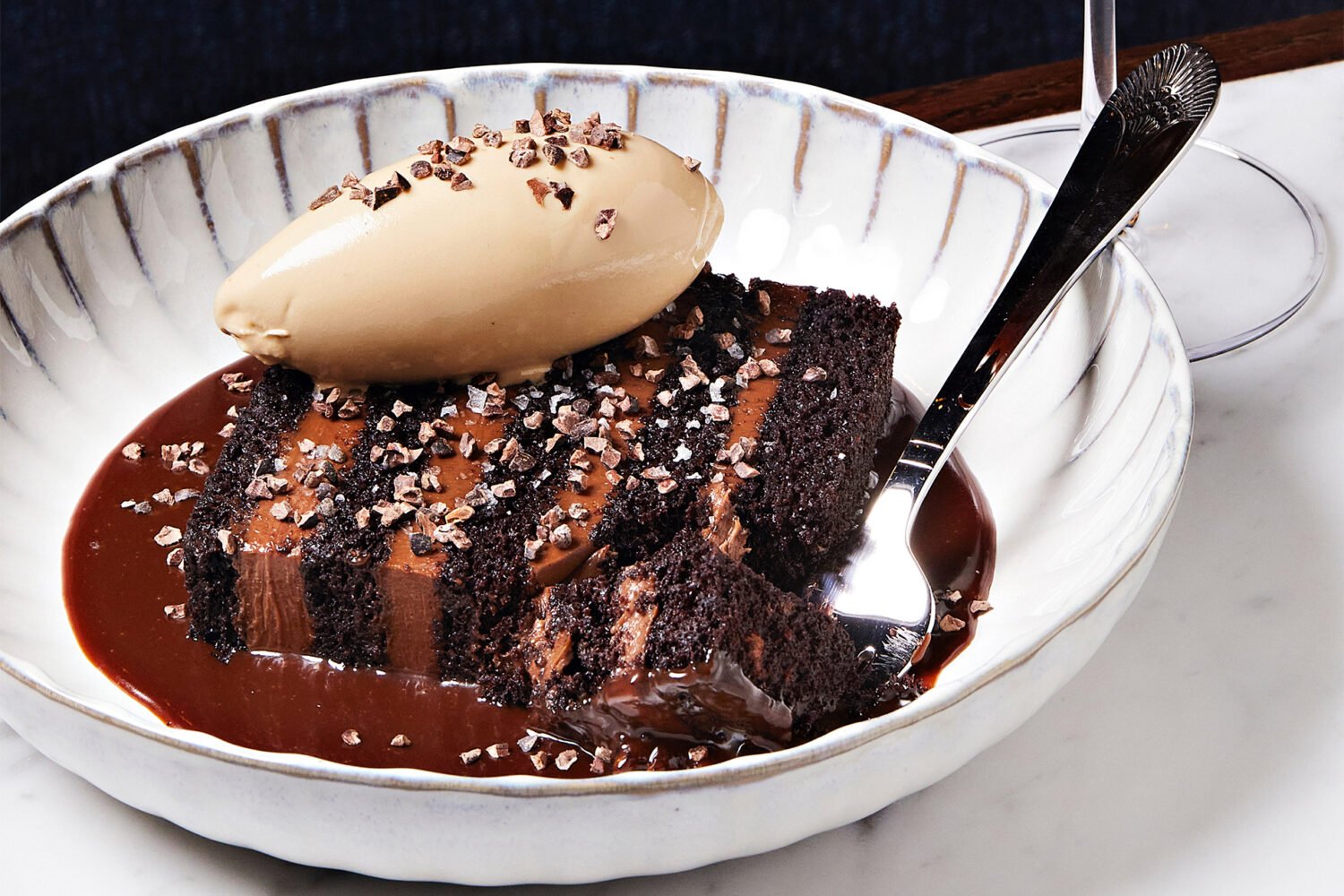Over the last several months, chef Rock Harper has been hosting phone-free events at his H Street corridor bar Hill Prince. He’s also been reevaluating his own technology use, going so far as to give up his smartphone and switch to a flip phone as part of a “Month Offline” program this summer. And on Friday, September 5, he’ll open DC’s first phone-free bar: Hush Harbor, replacing Hill Prince.
“All we’re doing is giving people a little nudge to be supremely present and intentional about this hospitality experience,” says Harper, of Hell’s Kitchen fame. “It’s not going to be preachy or punitive. I just know in my life and in others, if you put [your phone] away, you can really have a wonderful, different time that we’re not really used to having right now.”
Harper is partnering with Danny Hogenkamp, a self-described Luddite who runs a political and non-profit fundraising software company in DC called Grassroots Analytics. I introduced the two earlier this year while working on a profile of Hogenkamp, who’s been a champion of DC’s budding offline movement. Before meeting Harper, Hogenkamp had hosted his own series of phone-free parties and looked into opening his own phone-free bar.
While other DC bars have discouraged phone use, none have seriously enforced the policy. For example, Lucy Mercer Bar above Keith McNally’s Minetta Tavern in Union Market initially advertised a no phone policy, which has morphed into a no photos policy (though you’ll still find plenty of photos of the bar on social media).
Hush Harbor, though, will be different. To ensure everyone’s actually unplugged, the bar will use pouches secured with magnetic locks from a company called Yondr. The pouches, which allow you to carry your phone with you but not look at it, have become increasingly popular from comedy shows to schools. This is the first time a DC bar or restaurant is employing them as part of their everyday operations. And it’s one of a handful in the entire country.
“There’s no negotiation on you using your phone inside,” Harper says. “Barring an emergency, that ain’t happening.” Staff will also go phone-free, though Harper says that’s not much of a change since they’re not supposed to be using their devices while working anyway.
Harper has encountered plenty of naysayers who’ve told him customers won’t go along with the rules. But he says he found surprisingly little backlash to the phone-free comedy event series he’s hosted this year. “People were talking to one another and no one was asking for their phone so they can go check their phone,” he says.
Keeping the spirit of Hill Prince, Hush Harbor still aims to be a neighborhood bar. But the space has undergone some renovations to create more lounge-y pockets of seating. “It’s comforting,” Harper says. “That’s been my things for years.”
The menu is also full of Southern comforts, including some favorites from Harper’s days working at now-closed B. Smith’s. Look for dishes like Cajun red beans and rice with smoked turkey, shrimp remoulade, and what Harper calls a “Southern charcuterie” plate with fresh-baked biscuits, prosciutto, and green tomato jam. His fried chicken, which he sells in sandwich form at Queen Mother’s in Arlington, will be an occasional special.
Many of the cocktails will carry over from Hill Prince. Expect an old-fashioned with mole bitters, rosemary-infused French 75, and an “Italian margarita” with mezcal, Cappeletti (a red bitter aperitif), and lemon juice.
Hush Harbor will continue to host events, too. Harper hopes to entice some of his celebrity friends, who want to be in the mix but don’t want to be hounded for selfies or end up all over social media. He also anticipates the phone-free space will attract political figures who want some privacy.
More than any of that though, Harper is looking to create a space where people will actually engage with each other at a time when social media is arguably hindering actual discourse. As one recent example, he points to Initiative 82, the DC law aimed at eliminating the tipped wage which has been the topic of intense debate over recent months.
“It’s getting super vicious and it’s getting categorically mean,” he says. “There’s certain things that I’m passionate about that I would love to just have conversations with people. And they just can’t happen on social.”
In his personal life, Harper has tried experimenting with phone-free zones, whether a room in his home or a specific time, like the first hour of the day. Over the summer, he participated in a new program called Month Offline, which one of its organizers calls an “experimental incubator for the offline-curious.” Small cohorts rent flip phones for a month, supporting one another with meetups and offline activities.
“You start to reintroduce these these kind of pathways to your brain that have been dormant for a while, and then the world opens up,” Harper says. Month Offline will host meet-ups going forward at Hush Harbor.
Harper says his mother introduced him to the term “hush harbor” when referring to needing to have a conversation offline. But the phrase dates back to a time when enslaved African-Americans would gather in the woods to have conversations or pray in privacy.
“The idea of a hush harbor, it’s a thing but it’s also a place where we need to be in community with one another,” Harper says. “We need to have a place to gather. This is really relevant right now, especially in DC. We need places that are safe spaces and community places.”

